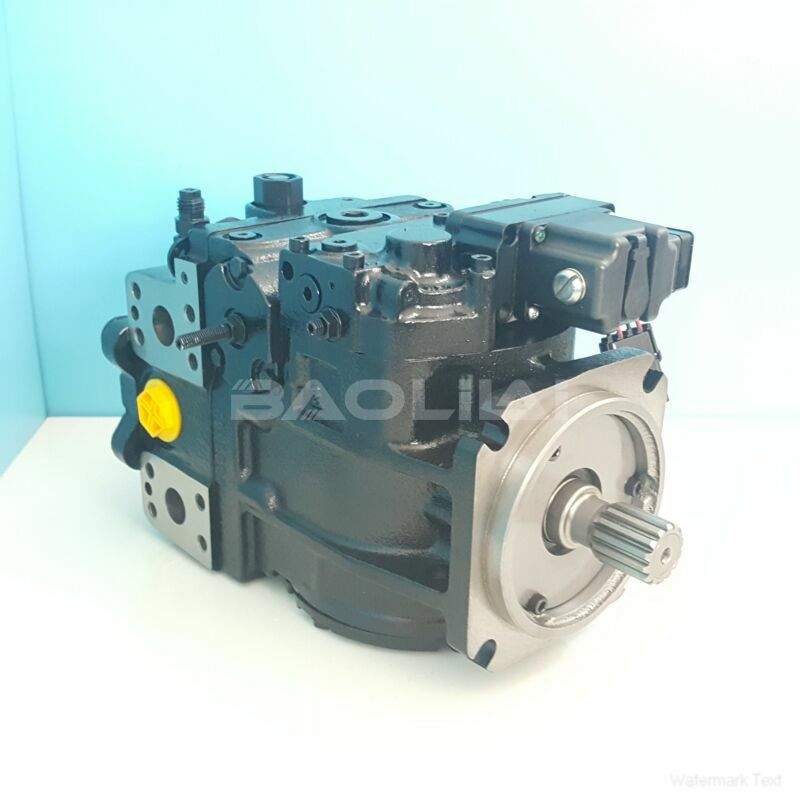90L075KP1NN80P4C6D03GBA262628 hydraulic pump
90L075KP1NN80P4C6D03GBA262628 hydraulic pump

- Product Details
- Applicable Scene
In the modern energy landscape, the integration of smart grid technologies has become increasingly vital for efficient energy management. One essential component that often goes unnoticed is the hydraulic oil pump. While primarily associated with hydraulic systems in industries like manufacturing and automotive, these pumps play a crucial role in enhancing the monitoring and control of smart grid systems. This article explores how hydraulic oil pumps contribute to the operational efficiency, stability, and reliability of smart grids.
90-L-075-KP-1-NN-80-P-4-C6-D-03-GBA-26-26-28
90L075KP1NN80P4C6D03GBA262628
Hydraulic oil pumps serve multiple functions within the smart grid framework. They are primarily responsible for providing necessary pressure and flow to hydraulic systems that operate various control mechanisms. By ensuring consistent operation of circuit breakers, transformers, and renewable energy solutions, hydraulic pumps play an integral role in system reliability.

83006398
One of the most significant advantages of hydraulic systems in smart grids is their ability to respond quickly to changes in electrical load. As energy demand fluctuates, hydraulic pumps help manage and adjust the physical parameters of the systems involved. For example, when solar or wind generation output varies due to environmental changes, hydraulic systems can quickly react by redistributing energy, thus maintaining a stable grid operation.
Moreover, hydraulic oil pumps facilitate the implementation of hydraulic energy storage systems (HESS). These systems store energy in the form of pressurized fluid, which can be released to generate electricity when demand peaks. By integrating such systems into a smart grid, utilities can leverage hydraulic reservoirs to provide additional energy during high-demand periods, improving overall efficiency and reducing reliance on traditional fossil fuel sources.
In addition to enhancing energy management, hydraulic oil pumps provide valuable data for system monitoring. The real-time pressure and flow data generated by these pumps can be utilized for predictive maintenance and condition monitoring. By analyzing this data, engineers can identify potential issues such as leaks or performance degradation, allowing for timely interventions that can prevent costly downtime and ensure the grid operates smoothly.





